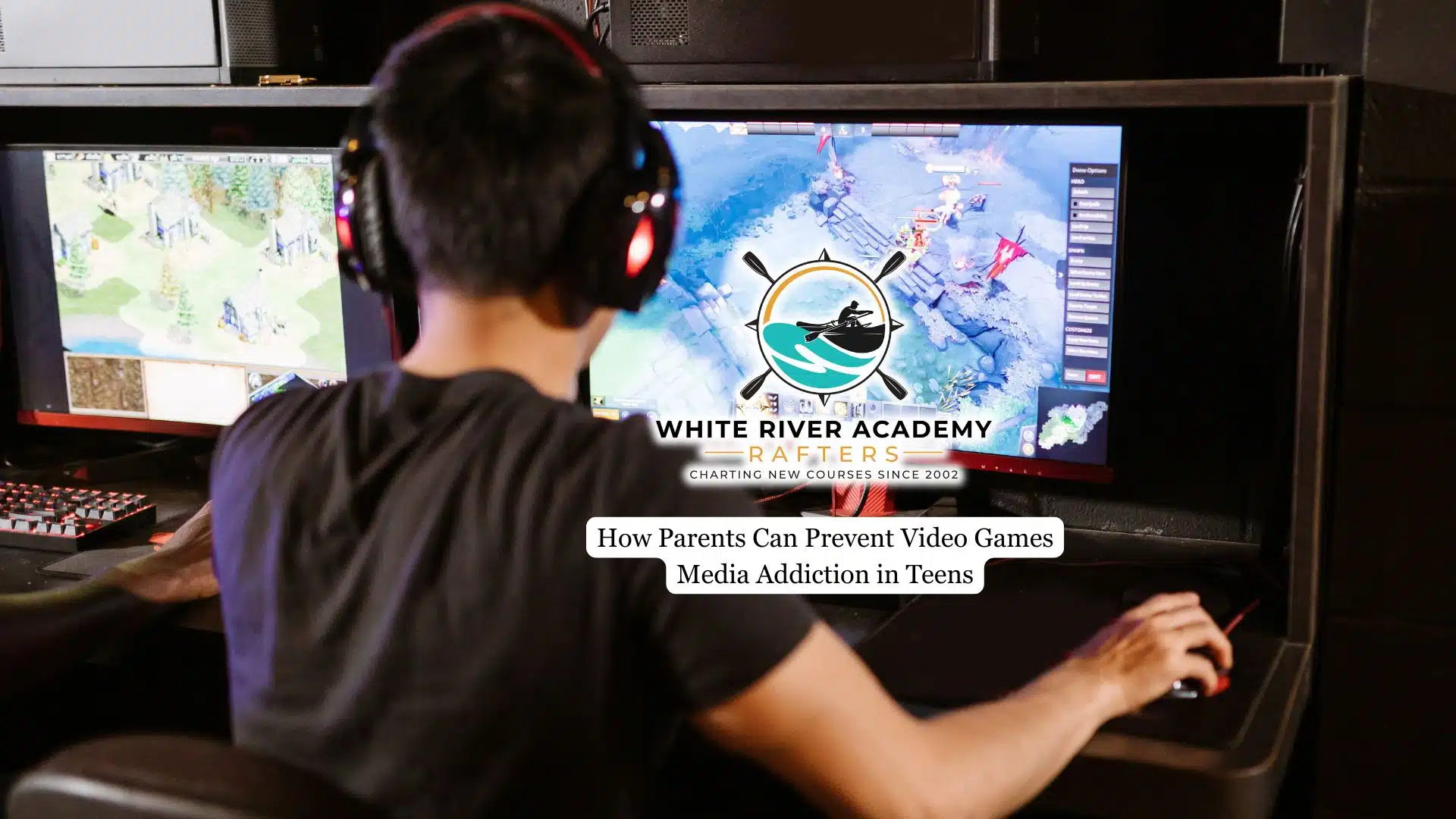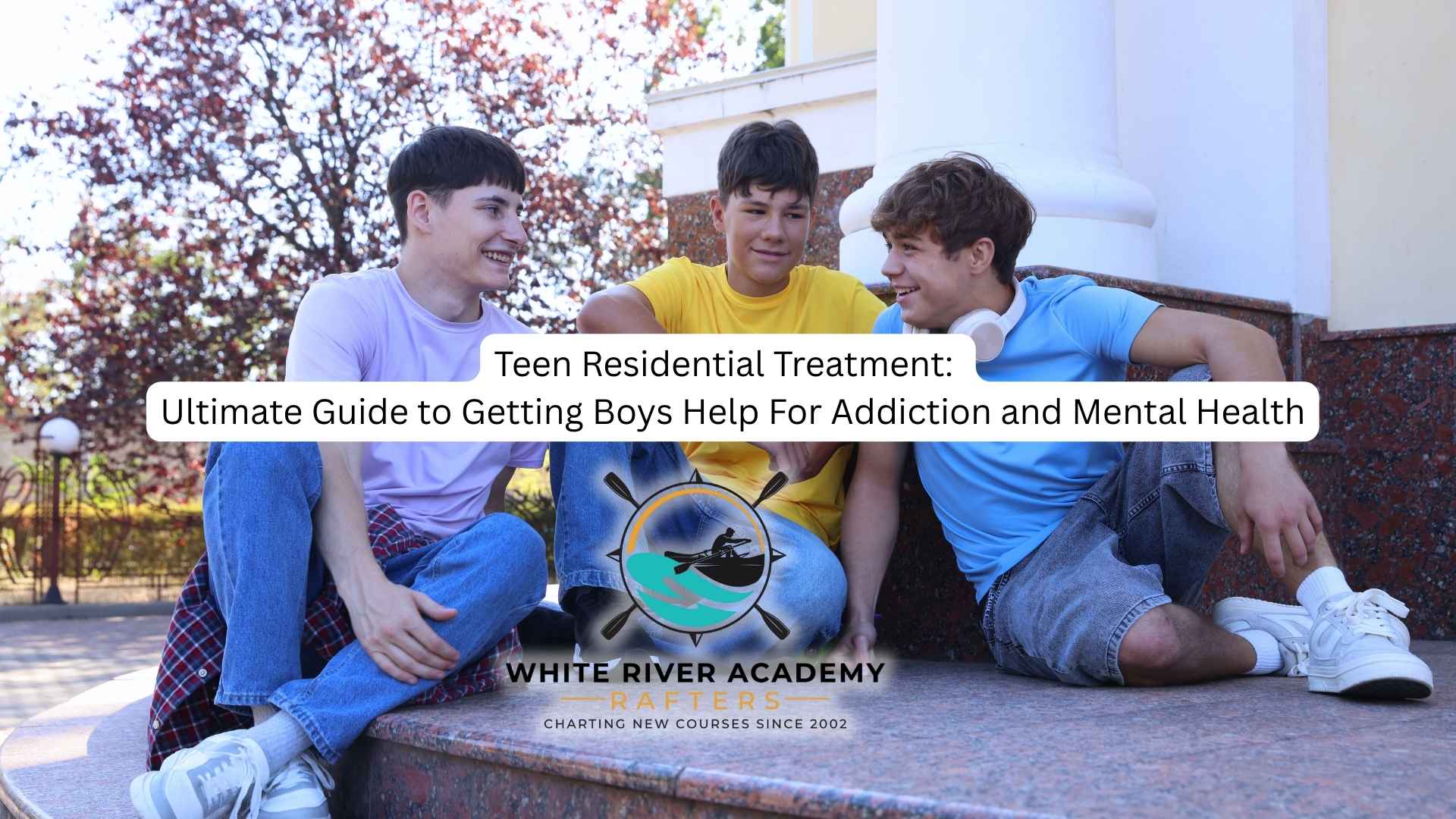Video games and digital media have become a central part of modern adolescence. They offer entertainment, creativity, and even opportunities for social connection. However, when use becomes excessive, it may interfere with school performance, relationships, sleep, and overall mental health. Preventing video game and media addiction in teens requires awareness, structure, and supportive strategies at home.
In this article, we will explore practical approaches parents can use to promote balance and protect their child’s well-being.
Risks of Video Game and Media Overuse
Teens are naturally drawn to video games and digital platforms for stimulation, achievement, and social interaction with peers. While these outlets can be enjoyable, overuse creates imbalances that disrupt healthy development. Long gaming sessions often lead to late nights and irregular sleep patterns, which can impact focus and academic performance. Reduced physical activity may contribute to weight gain or low energy.
The brain adapts to constant stimulation, creating dependency-like behaviors where young people crave the dopamine rush from gaming. These patterns resemble early warning signs, making it important for parents to respond proactively. Adults who recognize these risks early are better prepared to set preventive measures that guide their children toward moderation. If habits begin to escalate, seeking support from a specialized gaming addiction treatment program can provide structured guidance and restore balance.
Setting Boundaries with Screen Time
Boundaries are one of the most effective tools parents can use to limit the risk of addiction. Establishing daily or weekly screen time limits teaches teens to balance responsibilities with recreation. For example, setting rules that homework and chores must be completed before gaming helps them prioritize.
This is particularly important when it comes to addictive games such as multiplayer online battle arena (MOBA) titles, which are designed to keep players engaged for hours. Consistency is key when rules are applied fairly and predictably. Adolescents learn that screen time is a privilege, not an entitlement.
Encouraging Alternative Activities
Teens who spend most of their free time gaming may struggle to discover other sources of enjoyment. Parents can support balance by encouraging involvement in sports, music, art, volunteering, or academic clubs. Outdoor activities such as biking, hiking, or simply spending time with friends away from screens provide physical benefits while reinforcing real-world social connections.
Adolescents with diverse interests are less likely to rely solely on gaming for stimulation. Exposure to different experiences also helps them build confidence and develop skills, thus reducing the impact that excessive gaming might have on your child’s development and benefiting them in adulthood.
Building Open Communication
Open communication allows parents to guide their children without creating resistance. Conversations about gaming should acknowledge the enjoyment young people experience while also addressing potential risks. This balanced approach shows understanding rather than criticism. Should listen carefully, ask questions, and create an environment where their child feels comfortable sharing frustrations or concerns.
When trust is established, it becomes easier to address early warning signs, such as withdrawal from family, irritability when not playing, or loss of interest in schoolwork. Open dialogue helps strengthen the parent-child relationship and makes it easier to intervene if problems arise.

Modeling Healthy Media Use
Parents play an influential role in shaping a child’s relationship with technology. Young people often notice whether adults are constantly on phones or prioritize offline connections. Demonstrating balanced habits such as putting devices away during meals, engaging in conversation, or dedicating time to hobbies, adults set a powerful example.
Actions often speak louder than words. When they observe that their parents maintain healthy boundaries with technology, they are more likely to mirror these behaviors. Modeling balanced use reinforces the message that digital tools can be part of life without becoming the center of it.
Knowing When to Seek Professional Help
Even with strong family practices, some teens may still develop problematic gaming patterns. Warning signs include withdrawal from non-digital activities, declining grades, neglect of personal hygiene, and escalating conflict at home. If these issues persist, professional help may be necessary. Counseling or specialized treatment programs can provide structured support, helping adolescents understand the emotional and behavioral drivers of excessive gaming while fostering personal growth.
Professional intervention often includes skill-building, coping strategies, and family involvement, giving parents tools to reinforce progress at home. Seeking help is not a sign of failure but rather an important step in ensuring long-term stability.
Final Thoughts from White River Academy
Preventing video game and media addiction in teens requires a thoughtful, proactive approach. Combining boundaries, communication, and alternative opportunities, parents can help their children maintain balance while still enjoying the benefits of digital entertainment. The goal is not to eliminate gaming but to ensure it does not interfere with health, academics, or relationships.
At White River Academy, we understand how digital overuse can affect adolescents and their families. Our therapeutic residential program for teen boys in Utah is designed to address underlying challenges, teach practical coping skills, and build resilience for healthier futures. Through structured guidance and compassionate support, we help youngsters and parents navigate the modern digital landscape with confidence and balance.




